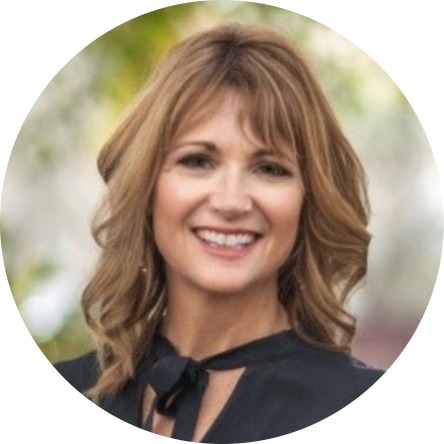Job references are a hurdle for Gen Z post-pandemic

The youngest generation in the workforce is struggling with a key part of the recruitment process as they apply for new jobs — having enough quality professional references to assure recruiters they are fit for the role.
Those in their early and mid-twenties spent key years for early mentorship and networking in remote schools and workplaces where it was far more difficult to really make a name for themselves and find people who could vouch for them. They missed out on in-person internships, and now many are in their first full-time jobs where they can’t reference a current boss or coworker.
“There were probably an entire five years of new grads that were impacted in some way and they wouldn’t have a chance to provide that,” said Shayna Royal, director of talent acquisition at HR software firm Paycor, which doesn’t require references or check them. “By not requiring it, that’s a way to level the playing field,” Royal said.
But they are one of just a few. Checking job references is still a part of the hiring process at most organizations.
What even is a quality reference?
When recruiters do contact those references of early career professionals, they’re looking to determine much more than just their technical skills or how knowledgeable they were in their previous field or role.
“People want to know is this person dependable? Do they do what they say they’re gonna do? Are they responsible? Do they take feedback well?” said Laurie Chamberlin, head of recruitment solutions, North America at talent provider LHH.
Accordingly, experts say it doesn’t really matter if one’s references are that strong or in the same space or industry for a role they’re currently applying to.
If a Gen Z employee’s most recently useable professional references are a boss from a years-ago stint as a zipline instructor, or a summer spent landscaping, or other roles with few apparent transferable skills, “What is transferable is soft skills and your work ethic, your reliability, your ability to go the extra mile, and all of those things in any job matters,” said Kimberly Gottschalk, head of innovation at LHH talent solutions.
Younger professionals can also ask exactly what recruiters are looking for in a reference given their circumstances. “If I know what you’re wanting from the reference, the better I can ask some of my folks because my relationships are not as deep as somebody who’s been in the workforce a lot longer than me,” added Chamberlin.
How early in the process should references come up?
In some cases candidates may be asked to share references early in the process. They don’t have to do that, Chamberlin said. “They can say, ‘I will get you references if we get to that stage, but I don’t want my contacts being contacted by a bunch of people, and I also don’t want it out that I’m looking for another job,’” Chamberlin said. “That is a totally reasonable response and one that more senior people give without even blinking,” she added.
For the most part though those on the hiring side typically wait until the final rounds of interviews to ask for references. “Nobody checks references unless they want to hire the person. Nobody is wasting their time,” she said.
How much do references even matter?
Ultimately, having strong references won’t be the thing to sway recruiters in a particular candidate’s favor. “I’ve never seen somebody get a job over somebody else based on references alone. It is one piece of a much broader puzzle,” she said.
“In general, they’re going to do all of the work on the front runner, and if the front runner is who they say they are, they don’t even do the references on the second candidate,” she said.


